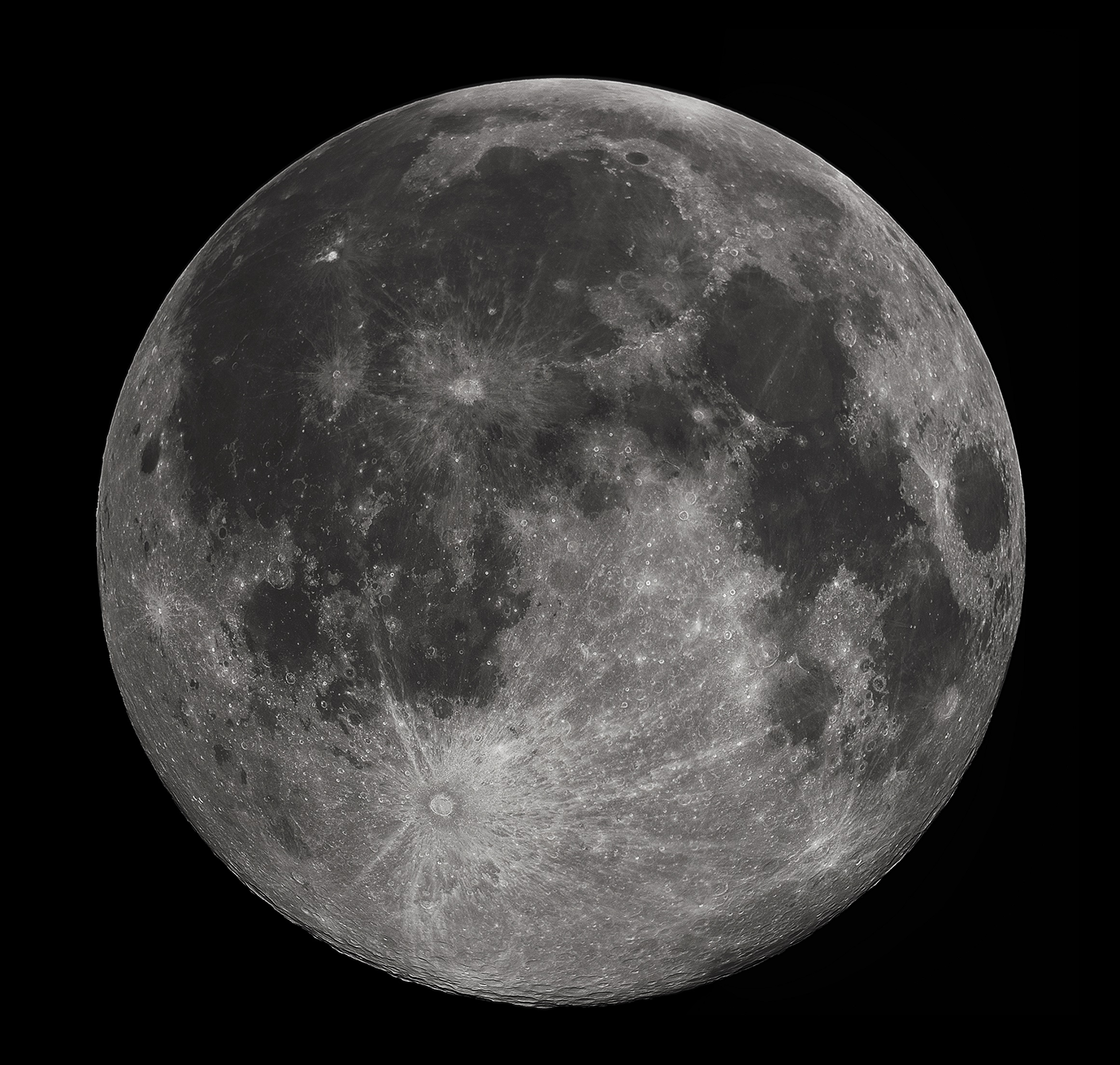NASA Reconsidering New Lunar Missions
My last three posts were about plans for setting up a permanent base on the Moon. I mentioned that NASA is more focused on a major mission to Mars than going back to the Moon. Before he left office, President Obama made the declaration that the Moon is not a "planned" destination for U.S. astronauts. However, there are signs that some people at NASA are not ready to write off missions to the Moon.
In a speech in 2010 at the Kennedy Space Center in Florida, President Obama laid out his vision of the next stage of NASA space exploration. With respect to a mission to the Moon, Obama said that "We have been there before." Instead of President Bush's plan for going to the Moon to test technology and to mine for ice and minerals before attempting a mission to Mars, Obama said that NASA should send a mission to an asteroid in the 2020s and send a mission directly to Mars in the 2030s.
Last summer, the National Research Council issued a report calling for a reconsideration of a lunar base before sending a mission to Mars. Their report said "It was clear to the committee from its independent analysis of several pathways that a return to extended surface operations on the moon would make substantial contributions to a strategy ultimately aimed at landing people on Mars."
The chief of human exploration for NASA does not believe that it will be possible to launch a direct nine hundred day mission to Mars as President Obama proposed. He believes that it will be necessary to use a base on the Moon to convert ice into oxygen and hydrogen which can then be used to fuel a Mars mission. He said "If propellant was available from the moon, this could dramatically lower the mass needed from the Earth for a NASA Mars mission."
Senior officials at NASA have given signs of renewed interest in a lunar base but they have to tread softly in promoting such a mission for political reasons. NASA officials have begun talking about an "Evolvable Mars Campaign." They acknowledge the challenges involved in getting to Mars and express doubts that the U.S. will be willing to spend the resources needed for a direct to Mars Apollo-type mission. Going back to the Moon before Mars would allow time to work out a lot of technical issues and test a lot of technology. The Moon is only a few days away and emergencies could be much more easily dealt with.
On the political front, a Moon-then-Mars plan would garner much more interest in Congress for funding than the asteroid-then-Mars current plan. European nations as well as Japan are interested in going to the Moon and the U.S. could lead an international effort. Without strong U.S. involvement, other nations may turn to China which has major plans for lunar exploration. This would not be of benefit to the U.S. Private space companies are also keen to participate in lunar exploration.
I believe that there is a very strong case to be made for going back to the Moon before considering a manned mission to Mars.
